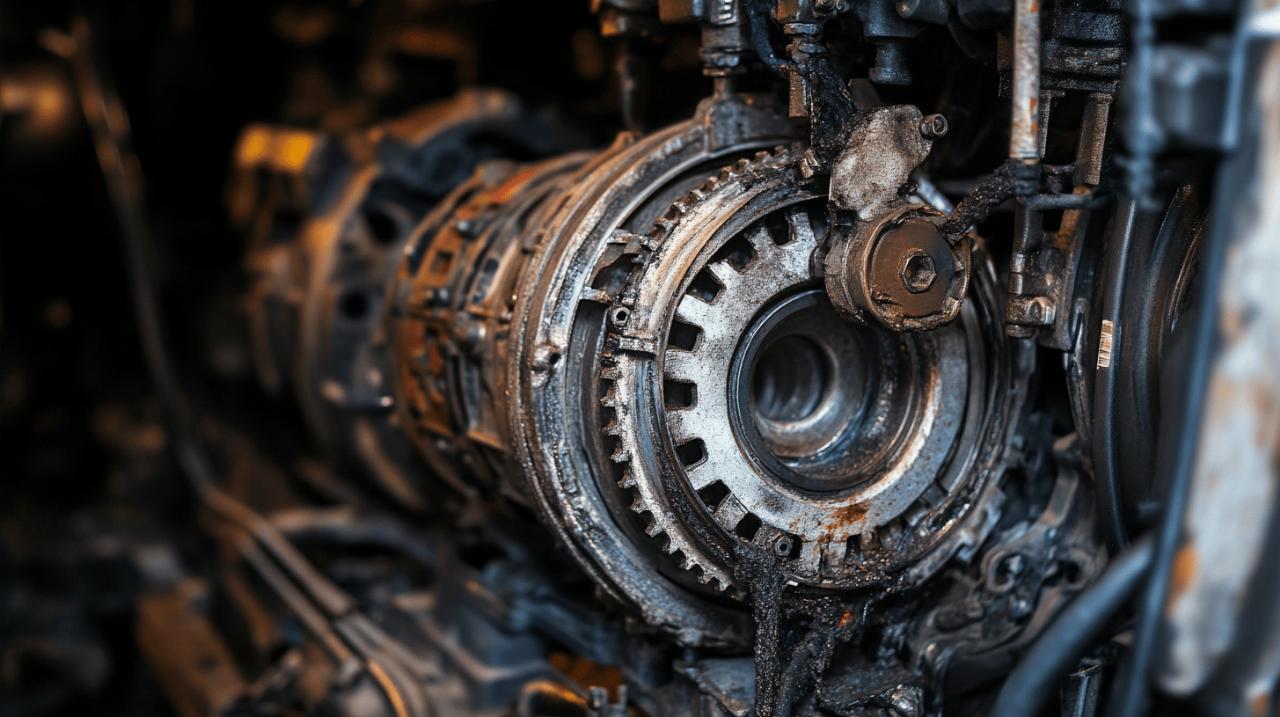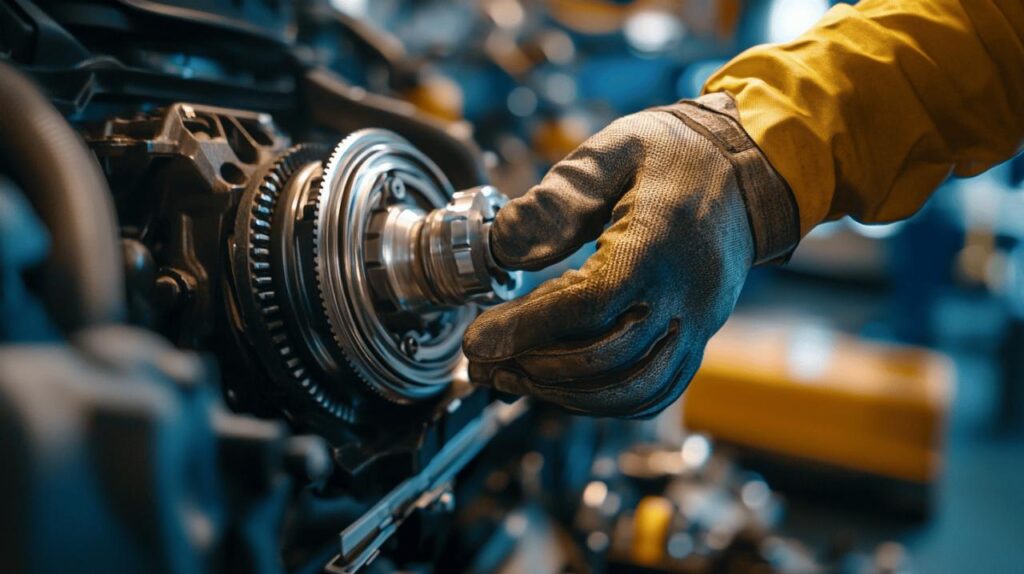A clutch is a vital component in your vehicle’s transmission system, enabling smooth gear changes and efficient power transfer from the engine to the wheels. Understanding when to replace it can save you from unexpected breakdowns and costly repairs. Let’s explore the key signs that indicate your clutch might need attention or replacement.
Understanding clutch performance issues
Your vehicle’s clutch typically lasts between 30,000 to 100,000 miles, depending on your driving habits and vehicle type. Most drivers find themselves needing a replacement after 50,000 to 100,000 miles of regular use. Recognising early warning signs can help you plan for maintenance before experiencing complete failure. For comprehensive automotive guides and information about vehicle maintenance, you can visit https://www.autoregional24.de/, which offers valuable resources for car owners across various maintenance topics.
Recognising clutch slippage symptoms
Clutch slippage is one of the most common indications that your clutch is wearing out. When your clutch begins to slip, you might notice that your engine revs higher than normal without a corresponding increase in speed. This happens because the worn clutch plates cannot properly grip each other, causing a loss of power transmission. You might experience this particularly when accelerating uphill or carrying heavy loads. If your vehicle seems to struggle with acceleration despite the engine working harder, it’s likely time to consult with specialists like Ivydene Garage Ltd., who have over 43 years of experience in Ashford.
The Significance of a Sticking Clutch Pedal
A clutch pedal that sticks, feels unusually heavy, or doesn’t return to its original position smoothly indicates potential issues with the clutch system. This could be due to problems with the clutch cable, hydraulics, or mechanical components within the clutch assembly. Sometimes, the pedal might feel spongy or soft, suggesting air in the hydraulic system or low fluid levels. Regular maintenance, including checking transmission fluids every 40,000 to 60,000 kilometres, can help prevent these issues. As a Bosch Center of Excellence established over four decades ago, Ivydene Garage can provide expert diagnostics for these symptoms.
Unusual sensations and sounds
Your senses are valuable tools for detecting clutch problems early. Pay attention to what you feel and hear while operating your vehicle, as these sensations can provide crucial information about the health of your clutch system. Many car owners ignore subtle changes until they develop into major issues, similar to situations discussed in articles about engine failure repairs on automotive websites.
Decoding strange noises during clutch operation
When pressing the clutch pedal, be alert for grinding, squeaking, or grumbling noises. These sounds often indicate worn bearings, damaged pressure plates, or issues with the release mechanism. A chirping noise when the pedal is depressed might suggest problems with the release bearing, while a grinding sound during gear changes could indicate transmission issues or a worn clutch disc. These auditory warnings should never be ignored, as they typically signify problems that will worsen over time. Ivydene Garage Ltd., open weekdays from 8:30 AM to 5 PM, offers comprehensive clutch replacements and diagnostics services to address these concerns.
What clutch juddering tells you about your vehicle
A juddering or vibrating sensation when you release the clutch pedal is another telltale sign of clutch problems. This vibration, which feels like the vehicle is shaking or stuttering as you engage the clutch, often indicates contaminated, glazed, or unevenly worn clutch friction surfaces. It might also suggest problems with the flywheel or pressure plate. In modern vehicles with dual-mass flywheels, juddering could indicate flywheel failure requiring specialist attention. To prolong your clutch life, experts recommend avoiding riding the clutch, executing timely gear shifts, and maintaining proper fluid levels. Regular checks at a qualified service centre like Ivydene Garage, which also offers MOT tests, engine diagnostics, and tyre services, can help catch these issues before they lead to complete clutch failure.

